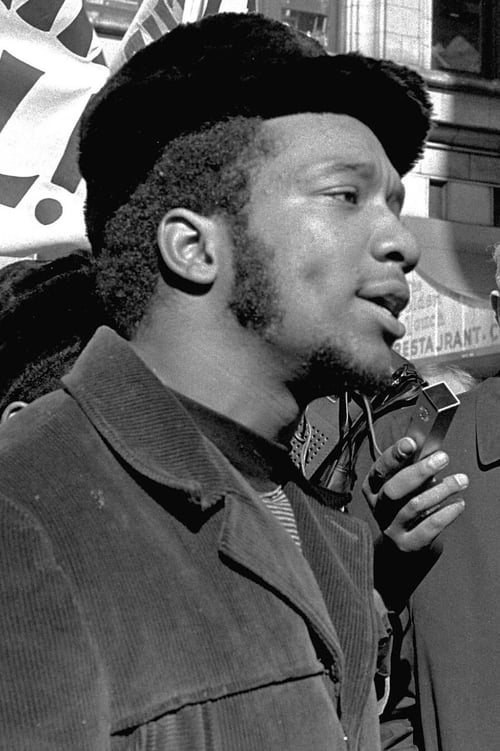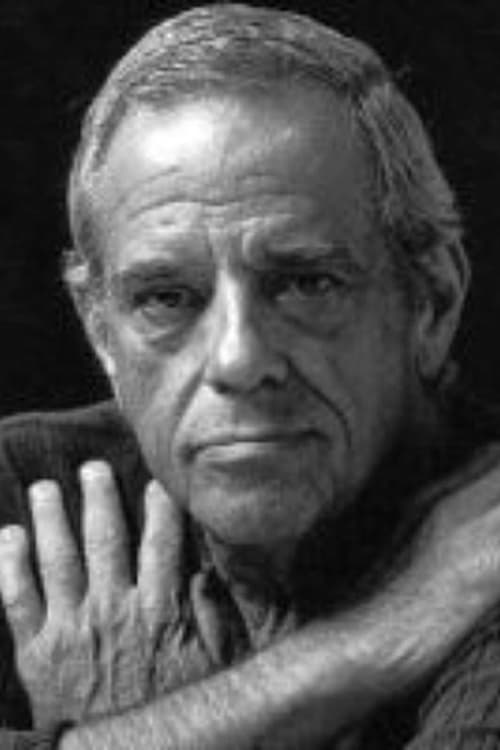The Murder of Fred Hampton (1971)
Genre : Documentary
Runtime : 1H 28M
Director : Howard Alk
Synopsis
Fred Hampton was the leader of the Illinois Chapter of the Black Panther Party. This film depicts his brutal murder by the Chicago police and its subsequent investigation, but also documents his activities in organizing the Chapter, his public speeches, and the programs he founded for children during the last eighteen months of his life.
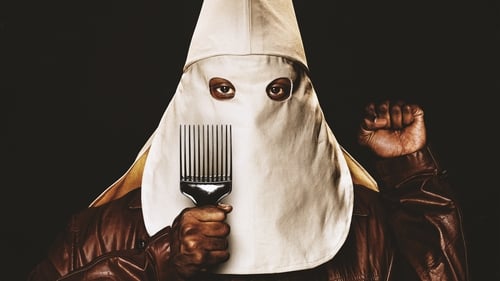
Colorado Springs, late 1970s. Ron Stallworth, an African American police officer, and Flip Zimmerman, his Jewish colleague, run an undercover operation to infiltrate the Ku Klux Klan.
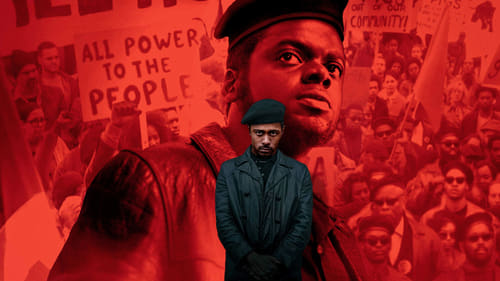
Bill O'Neal infiltrates the Black Panthers on the orders of FBI Agent Mitchell and J. Edgar Hoover. As Black Panther Chairman Fred Hampton ascends—falling for a fellow revolutionary en route—a battle wages for O’Neal’s soul.
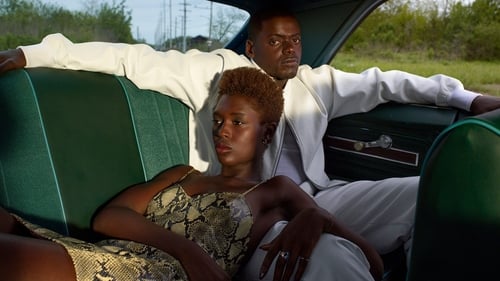
While on a forgettable first date together in Ohio, a black man and a black woman are pulled over for a minor traffic infraction. The situation escalates, with sudden and tragic results.
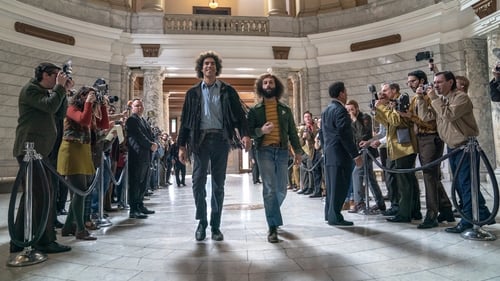
What was supposed to be a peaceful protest turned into a violent clash with the police. What followed was one of the most notorious trials in history.
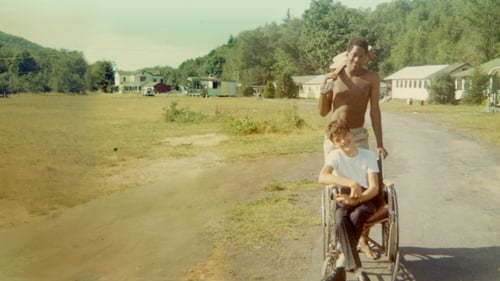
Down the road from Woodstock in the early 1970s, a revolution blossomed in a ramshackle summer camp for disabled teenagers, transforming their young lives and igniting a landmark movement.
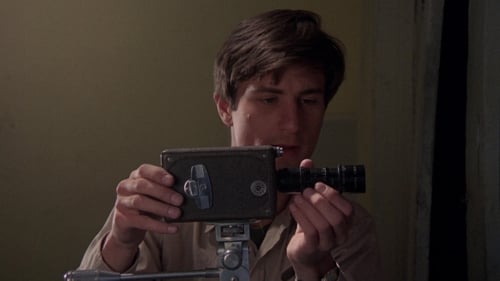
Vietnam vet Jon Rubin returns to New York and rents a rundown flat in Greenwich Village. It is in this flat that he begins to film, 'Peeping Tom' style, the people in the apartment across the street. His obsession with making films leads him to fall in with a radical 'Black Power' group, which in turn leads him to carry out a bizarre act of urban terrorism.
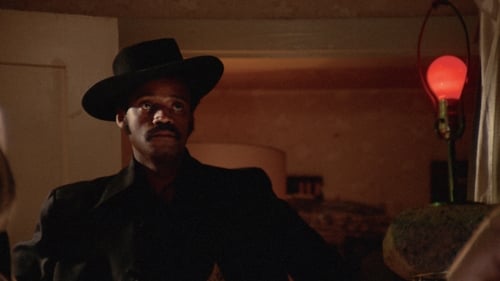
After saving a Black Panther from some racist cops, a black male prostitute goes on the run from "the man" with the help of the ghetto community and some disillusioned Hells Angels.
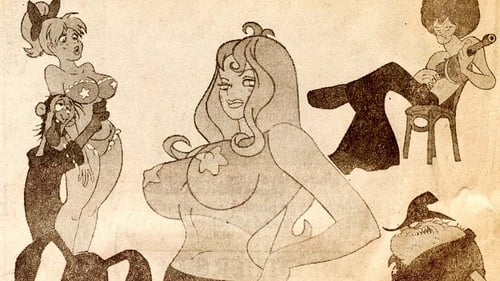
Brother Rabbit, Brother Bear, and Preacher Fox rise to the top of the crime ranks in Harlem by going up against a con-man, a racist cop, and the Mafia.
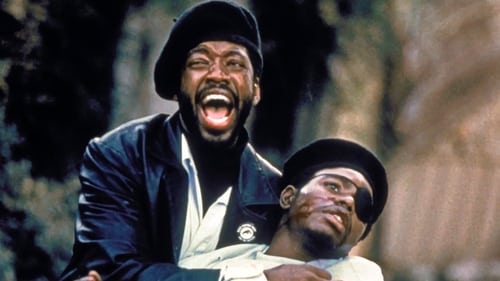
Panther is a semi-historic film about the origins of The Black Panther Party for Self-Defense. The movie spans about 3 years (1966-68) of the Black Panther's history in Oakland. Panther also uses historical footage (B/W) to emphasize some points.
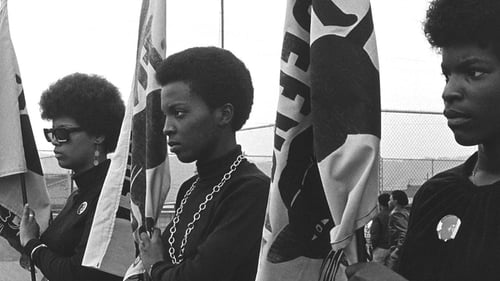
The story of the Black Panthers is often told in a scatter of repackaged parts, often depicting tragic, mythic accounts of violence and criminal activity; but this is an essential story, vibrant, human; a living and breathing chronicle of a pivotal movement that birthed a new revolutionary culture in America.

Fred Hampton was the leader of the Illinois Chapter of the Black Panther Party. This film depicts his brutal murder by the Chicago police and its subsequent investigation, but also documents his activities in organizing the Chapter, his public speeches, and the programs he founded for children during the last eighteen months of his life.
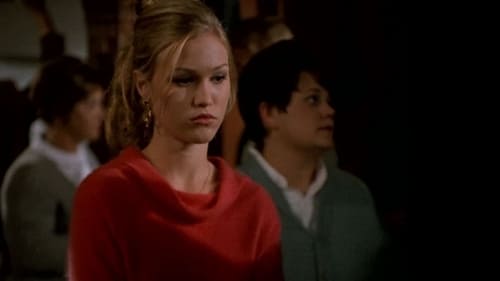
The Herlihys are a working class family from Chicago whose three children take wildly divergent paths: Brian joins the Marines right out of High School and goes to Vietnam, Michael becomes involved in the civil rights movement and after campaigning for Bobby Kennedy and Eugene McCarthy becomes involved in radical politics, and Katie gets pregnant, moves to San Francisco and joins a hippie commune. Meanwhile, the Taylors are an African-American family living in the deep South. When Willie Taylor, a minister and civil rights organizer, is shot to death, his son Emmet moves to the city and eventually joins the Black Panthers, serving as a bodyguard for Fred Hampton.
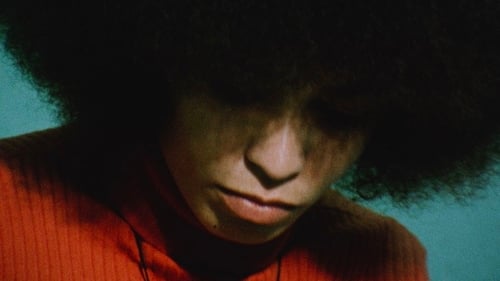
Examines the evolution of the Black Power Movement in US society from 1967 to 1975. It features footage of the movement shot by Swedish journalists in the United States during that period and includes the appearances of Angela Davis, Bobby Seale, Huey P. Newton, Eldridge Cleaver, and other activists, artists, and leaders central to the movement.
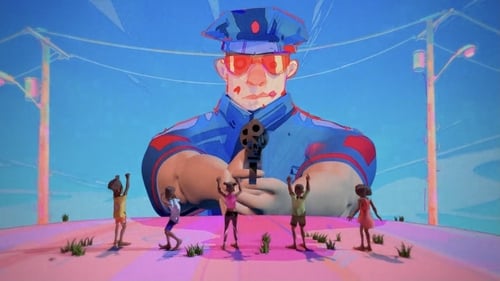
Animation and activism unite in this multimedia spoken-word response to police brutality and racial injustice.
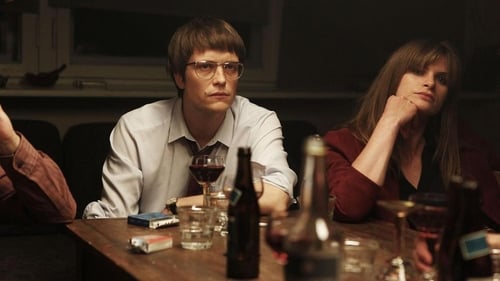
In the early 60s, Bernward Vesper and fellow university student Gudrun Ensslin begin a passionate love in the stifling atmosphere of provincial West Germany. Dedicated to the power of the written word, Bernward and Gudrun found a publishing house whose first publication is, paradoxically to many, a controversial past work of Bernward's ostracized father, an infamous Nazi author. Bernward defends his father's writing ability, even if he is haunted by his father's suspicious past.

Conflict begins to arise on a university campus when a boulder is vandalized with racist messages. Student leaders Brix and Dee have the same goal to catch who is responsible, but find it difficult when their insecurities prevent their progress.

New York City, October 10, 1965. A group of wooden giant figures from Pamplona, representing Basque culture and traditions, parade down the street; but the local authorities have not allowed the appearance of all of them: due to the racial prejudices that persist in many sectors of society, the participation of two black giants has been banned.

William Francome is a fairly typical, white middle-class guy. Typical except for the fact that he is about to embark on a journey into the dark heart of the American judicial system; the tangled world of renowned Death Row prisoner Mumia Abu-Jamal.

Filmmaker Dan Murdoch meets America's most infamous supremacist group - the Ku Klux Klan - who say they are in the midst of a revival, with a surge in membership and cross lightings across the Deep South.

A Huey P. Newton Story is a 2001 film directed by Spike Lee. It is a filmed performance of Roger Guenveur Smith's one-man show of the same name. Smith sits in a chair on a stage and tells about the past, mostly dealing with Huey P. Newton's life and times.

